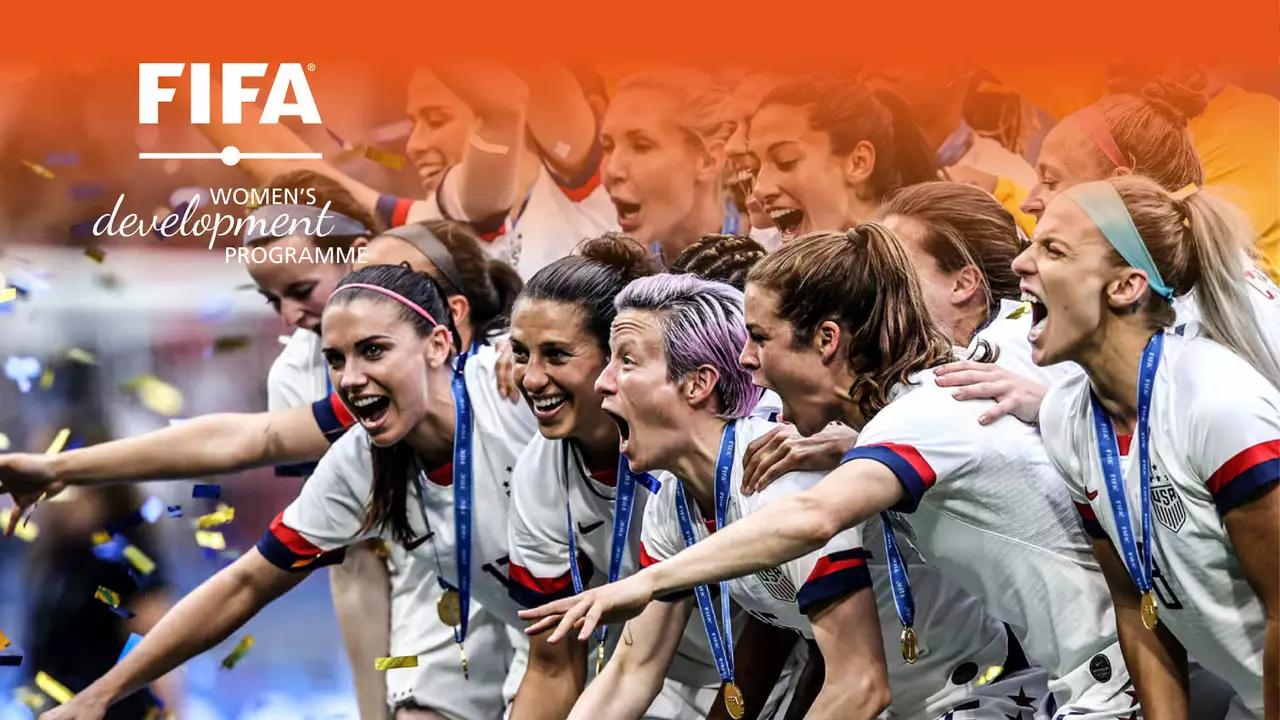The Historical Context
Soccer, like many sports, was designed at a time when contexts were much different and societies had rigid gender norms and roles. But, hey, why should that ancient mindset constrain us now? Let's break it down. The very origin of the sport is traced back to ancient civilizations, and even then, it wasn't something that women played. Fast forward to a few centuries, around the 19th century, soccer became popular in the UK but was still considered a man's sport. Although women's teams did exist, they were not given the same recognition. Remember, for most of history, the world operated on a patriarchal fundamental, where women were considered weaker and not fit for high-impact, physically demanding activities like soccer (of course, we know better now).
Physical and Biological Differences
Let's delve deeper into the biology of it all – it's important to understand that men and women are simply biologically different. Yeah, it's a no-brainer, but when it comes to sports, these differences do mean a lot. Men generally have a higher muscle mass and lower body fat, affecting their strength, speed, and endurance, and thus their overall performance in physically demanding sports like soccer. Women, on the other hand, generally possess a greater flexibility, but their lower muscle mass and different physique can make them vulnerable to certain types of injuries (especially in high-contact sports scenarios). But, you may ask, is this difference insuperable? Science is ambiguous on that. What's clearer is that, at the highest level of any physically demanding sport, these biological differences might result in performance differences.
Physicality and Strength Misconceptions
The mention of the physical differences brings up many misconceptions that I think we should address. Society has, unfortunately, propagated the idea that if it comes down to physicality and strength, women wouldn't be able to compete with men. Are we still living in the moulded ancient era? Ladies and gentlemen, bear witness to the countless women who have shattered this limiting belief from time to time. Women have proven themselves in physically demanding roles, from military to construction jobs, and from firefighting to truck driving, and they perform brilliantly. You'd be surprised how resilient, tough, and strong a woman can be when allowed to exercise her full potential. Still believe in the old fallacy? I invite you to open your eyes to the 21st century!
Safety Concerns
One argument often made against mixed-gender teams in highly physical sports like soccer is the concern for safety. People argue that a larger average size and strength in men might lead to an increased risk of injury for the relatively smaller-average-sized women. The contact nature of soccer could potentially pose a significant safety issue, creating an uneven playing field. And yes, safety should never be compromised. But the question is, would this concern hold if physical requirements are standardized across genders in selection? That's up for the decision makers to ponder upon.
Breaking Stereotypes
Now, I believe passionately that sport has a powerful role to play in breaking stereotypes - and soccer is no different. It's about time we stopped looking at our differences and started celebrating them. The introduction of mixed-gender teams could massively contribute to breaking down these gender barriers and stereotypes, proving that both men and women can compete side-by-side, challenging and pushing each other to perform better.
The Future of Mixed-Gender Teams
In the future, I hope to see a soccer world where talent is the main criteria for team selection, regardless of the player’s gender. Not to mention the undeniable excitement it would bring to the game with an added layer of unpredictability and dynamism. Can you imagine the incredible amount of teamwork, strategy, and coordination it would demand? It's like a complicated, exciting dance that I'm really eager to see.
Lessons from my Personal Journey
On a more personal level, I recall the countless mixed-gender games I’ve participated in during my school and college years. Frankly, they were the most fun and educational. It wasn't about who's stronger or faster, but about how we communicated, coordinated and strategized together. There's a lesson in humility, respect, and equality there that I think we should embrace on a larger scale. So to answer the original question, why aren't soccer teams mixed with both genders? Well, there's no reason that can’t change. Here's to the hope that the future holds space for more inclusive, accessible, and diverse sports!




